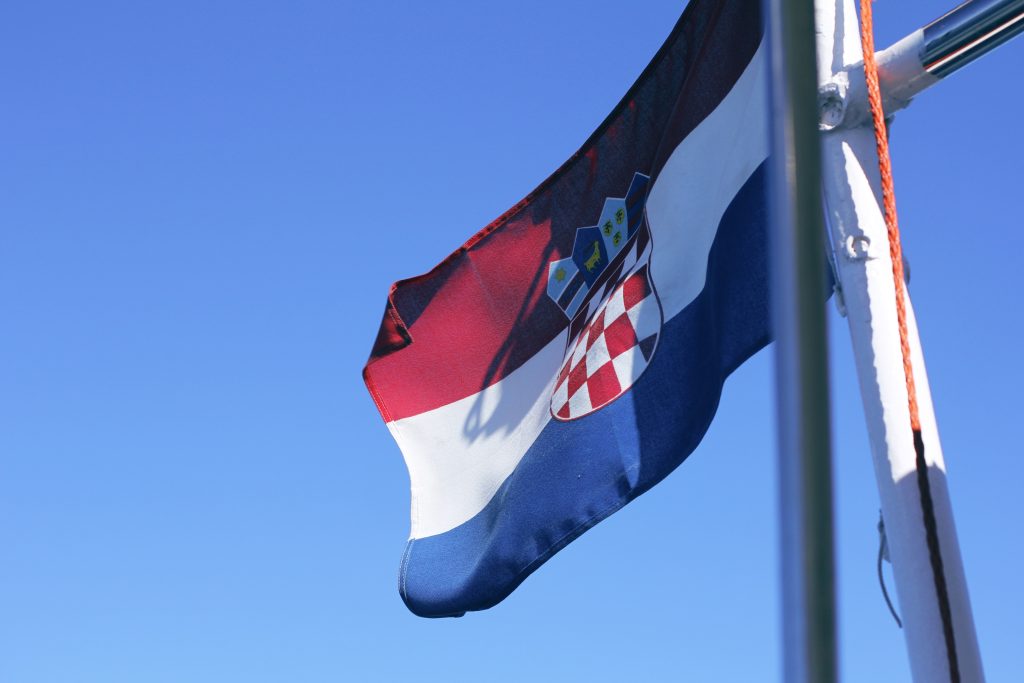August the 22nd, 2023 – The hole in the labour market and reliance on third-country nationals to fill employment positions that the demographic crisis has left gaping is only increasing. Is Croatia ready for an influx of workers from the Philippines?
As Poslovni Dnevnik/Marija Brnic writes, the seemingly constantly increasing number of work permits that have been issued to workers from distant countries from outside the EEA/EU over the last couple of years is finally seeing the issue of regulating mutual relations with these countries in terms of their workers’ social rights being raised.
An agreement for Filipinos in Croatia and Croats in the Philippines

The Philippines is the first of such emitting countries with which the Croatian Government has formally initiated the procedure of concluding an agreement on cooperation in the field of social security. More precisely, the framework for negotiations that will now follow with the Philippines has been established, and which, as stated in the decision, should harmonise mutual relations regarding social rights, including health and pension insurance, both for Filipino workers in Croatia and for Croatian workers currently living in the Philippines.
Such a decision somewhat confused both Croatian employers and agencies who mediate in the employment of workers from this particular country, because, according to them, their rights are already equal to the rights of Croatian workers by the time they have a valid work permit in their hands.
The Law on Foreigners defines equal status for everyone who obtains a stamped work permit, and employers, just like Croatian workers, have to pay their taxes and contributions on top of taking home their wages as well. The picture has been made somewhat clearer after the clarification from the Ministry of Labour, Pension Insurance, Family and Social Policy, and the Philippine Consul in Croatia, Davor Štern.
Important status issues will be settled with more clarity going forward

“Foreign workers who come to work in Croatia enter the mandatory social insurance system Croatia has. This means that social insurance contributions are paid for them by their employers and their rights can be exercised in accordance with the applicable regulations of Croatia, while the concluded contracts can additionally contribute to protecting these rights,” they explained from the aforementioned ministry, and Štern added that only after concluding interstate agreements and regulating these issues can these particular rights be enjoyed.
“Employers giving jobs to workers coming to Croatia from the Philippines pay the pension contributions of their workers from the Philippines, but these payments only mean anything here in Croatia and only after bilateral relations are settled will these workers be able to enjoy the pensions they’ve actually earned in Croatia,” explained Štern, before adding that numerous important status issues will be settled more clearly for this group of people. This, which he considers to be very important, will also open up a wider space for group arrivals of workers under the control of Filipino entrepreneurs themselves, as opposed to just Croatian or EU ones.
“There are already announcements coming in from companies that are interested in jobs in Croatia, especially in the construction industry,” said Štern, revealing that the large Philippine construction corporation EEI, which has 26 thousand workers, is also preparing to come to Croatia.
The organisation of the arrival of Filipino workers is typically carried out very well and the Philippines takes great care and checks the working conditions and employers where their workers will be employed. While that is good, with this kind of contract on regulating social rights, an additional step forward will be achieved for both nations, said Štern. It will enable these foreign workers to come to Croatia not only independently, through agencies, but with an employer from their own country.
How does this benefit Croatia?

For Croatia, however, this move is additionally important because, according to Štern’s explanation, in addition to facilitating the possibility of communication in sensitive industries such as construction, it also reduces the possibility of these people ultimately leaving Croatia.
The abolition of the visa regime?

“If a worker from the Philippines comes to Croatia with an employer from the Philippines, who will take care of accommodation and all the rights of his employees, he’s less likely to simply up and leave Croatia,” added Štern. This initiative was partly launched due to departures from Croatia and the need to regulate the status of these people so that they have legal recourse and protection from the state to fall back on should they need to do so.
It came, he explained, from the Philippine side, from the consulate in the Republic of Croatia and the Embassy in Vienna. This was because they also received complaints from Filipino workers about, for example, the non-payment of wages and other problems they were exposed to by Croatian employers seeking to take advantage of a less than clear employment situation. Starting the procedure and, hopefully, reaching an agreement between the two countries will be positive for both sides.
“The satisfaction of Croatian employers with Filipino workers aided this decision”
Stjepan Jagodin, the director of Pinoy385, a Zagreb-based agency specialising in the employment of workers from the Philippines, also thinks the move is a positive one for both sides.
“By concluding an agreement on cooperation in the field of social security with the Philippines, Croatia is showing an increasing interest in systematic and targeted opening up to workers coming from that country. I believe that the level of satisfaction of Croatian employers who decided to hire workers from the Philippines also contributed to this decision.
With this move, Croatia is taking a step further in its efforts to bring the domestic labour market closer to the local workers. That alone would make Croatia more acceptable and competitive to potential workers in the Philippines compared to other markets,” believes Jagodin. He is convinced that this decision will give employers more confidence when hiring workers from the Philippines.
According to him, the next step in the rapprochement and improvement of these relations would be the abolition of the visa regime between the two countries, which would greatly simplify and speed up the employment procedure. On average, the wait for a visa for Croatia is about two months currently.
This agency is the largest in the employment of Filipino workers in the country
This agency is the largest mediating agency in the employment of Filipino workers in all of the Republic of Croatia. It is fully accredited by the Philippine Ministry for the implementation of the employment of overseas workers and has so far successfully mediated the employment of more than five thousand workers in Croatia who have come from that country.
According to the latest official data, 5.6 thousand Filipinos were legally employed in Croatia this year, and it is estimated that around 50 Croats currently reside in the Philippines. Their legal status and social rights will also be properly regulated by this agreement. The expectation is, since Filipinos are very satisfied with Croatian employers, that their level of interest will grow even more, and in addition to tourism and service activities, more and more space is opening up in the construction sector, as well as in health and medical care.
A proper example for the likes of Nepal and India

For now, the initiative to arrange relations with other distant non-EEA countries from which more and more employees are arriving, such as Nepal and India, hasn’t been launched.
The Ministry of Labour says that the rights of third-country workers will continue to be protected within the framework of encouraging the conclusion of such contracts regulating the protection of social security rights, but they also noted that the conclusion of social security contracts also depends on the other countries from which these workers come.











